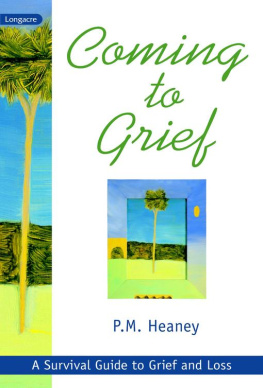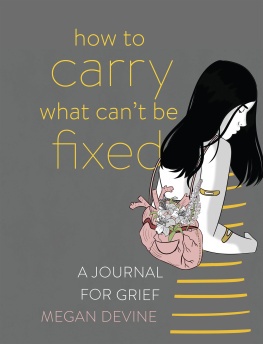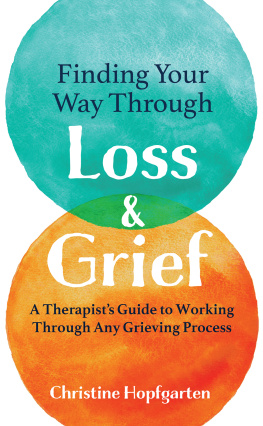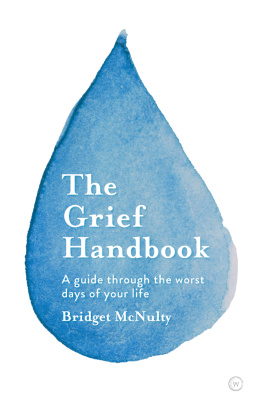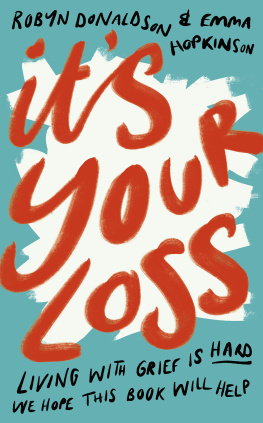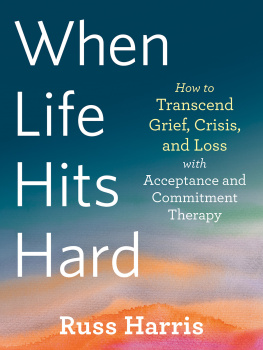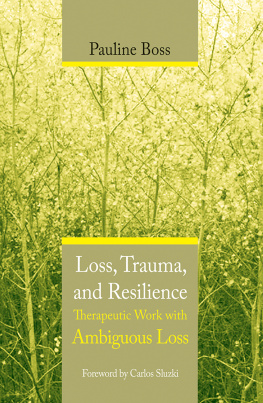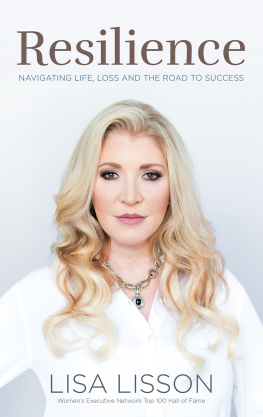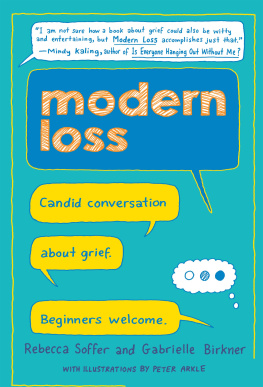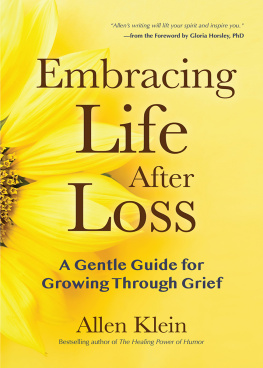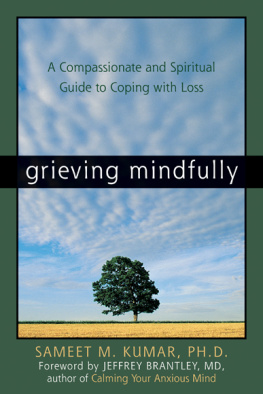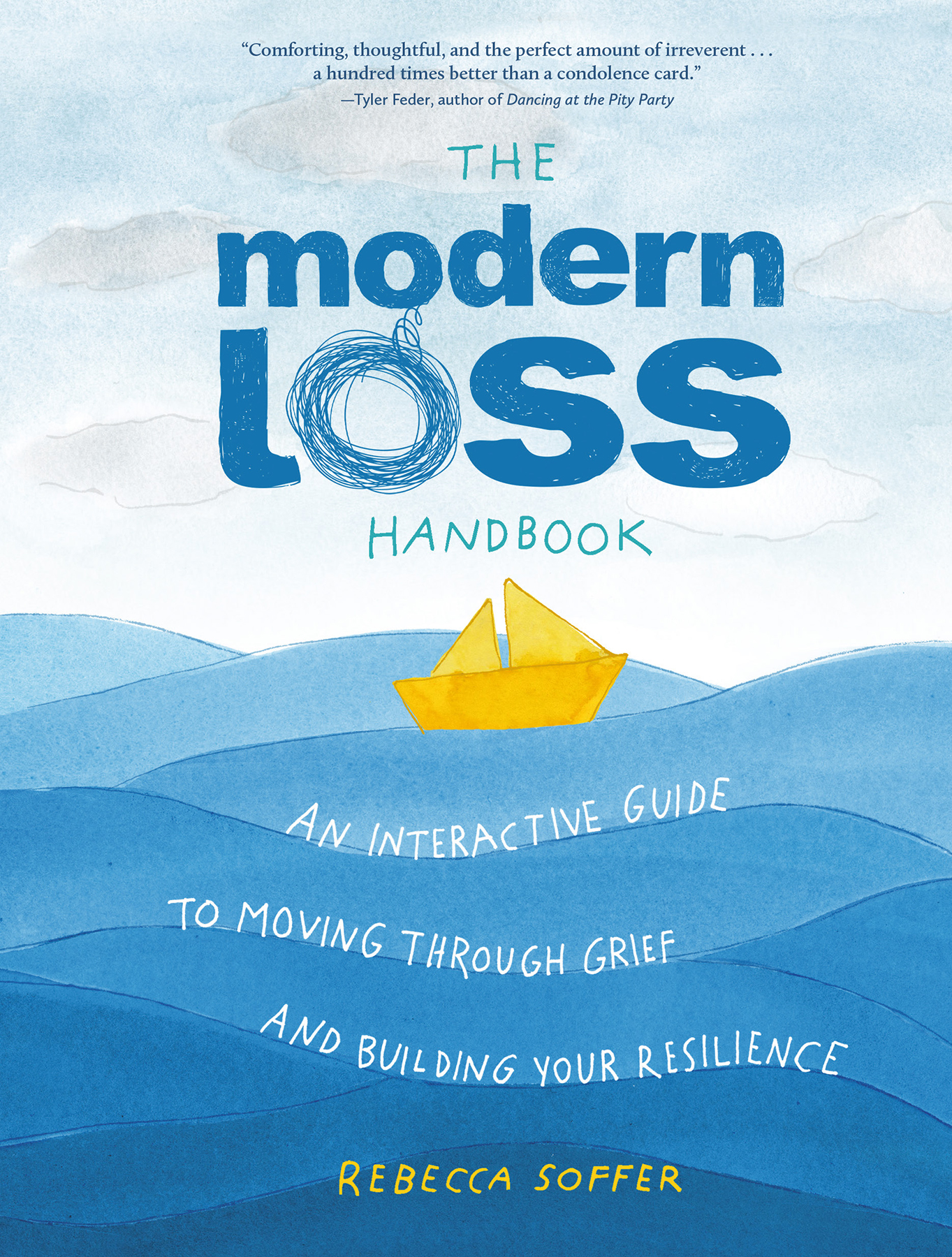
Copyright 2022 by Rebecca Soffer
Interior and cover illustrations copyright 2022 by Elizabeth Graeber
Cover copyright 2022 by Hachette Book Group, Inc.
Hachette Book Group supports the right to free expression and the value of copyright. The purpose of copyright is to encourage writers and artists to produce the creative works that enrich our culture.
The scanning, uploading, and distribution of this book without permission is a theft of the authors intellectual property. If you would like permission to use material from the book (other than for review purposes), please contact permissions@hbgusa.com. Thank you for your support of the authors rights.
Running Press
Hachette Book Group
1290 Avenue of the Americas, New York, NY 10104
www.runningpress.com
@Running_Press
First Edition: May 2022
Published by Running Press, an imprint of Perseus Books, LLC, a subsidiary of Hachette Book Group, Inc. The Running Press name and logo is a trademark of the Hachette Book Group.
The Hachette Speakers Bureau provides a wide range of authors for speaking events. To find out more, go to www.hachettespeakersbureau.com or call (866) 376-6591.
The publisher is not responsible for websites (or their content) that are not owned by the publisher.
Library of Congress Control Number: 2021948246
ISBNs: 978-0-7624-7481-3 (hardcover), 978-0-7624-7479-0 (ebook), 978-1-5491-1074-0 (audio)
E3-20220323-JV-NF-ORI
To all the Grief Queens, Kings, and other royalty who wonder if their stories are worth sharing.
They are.
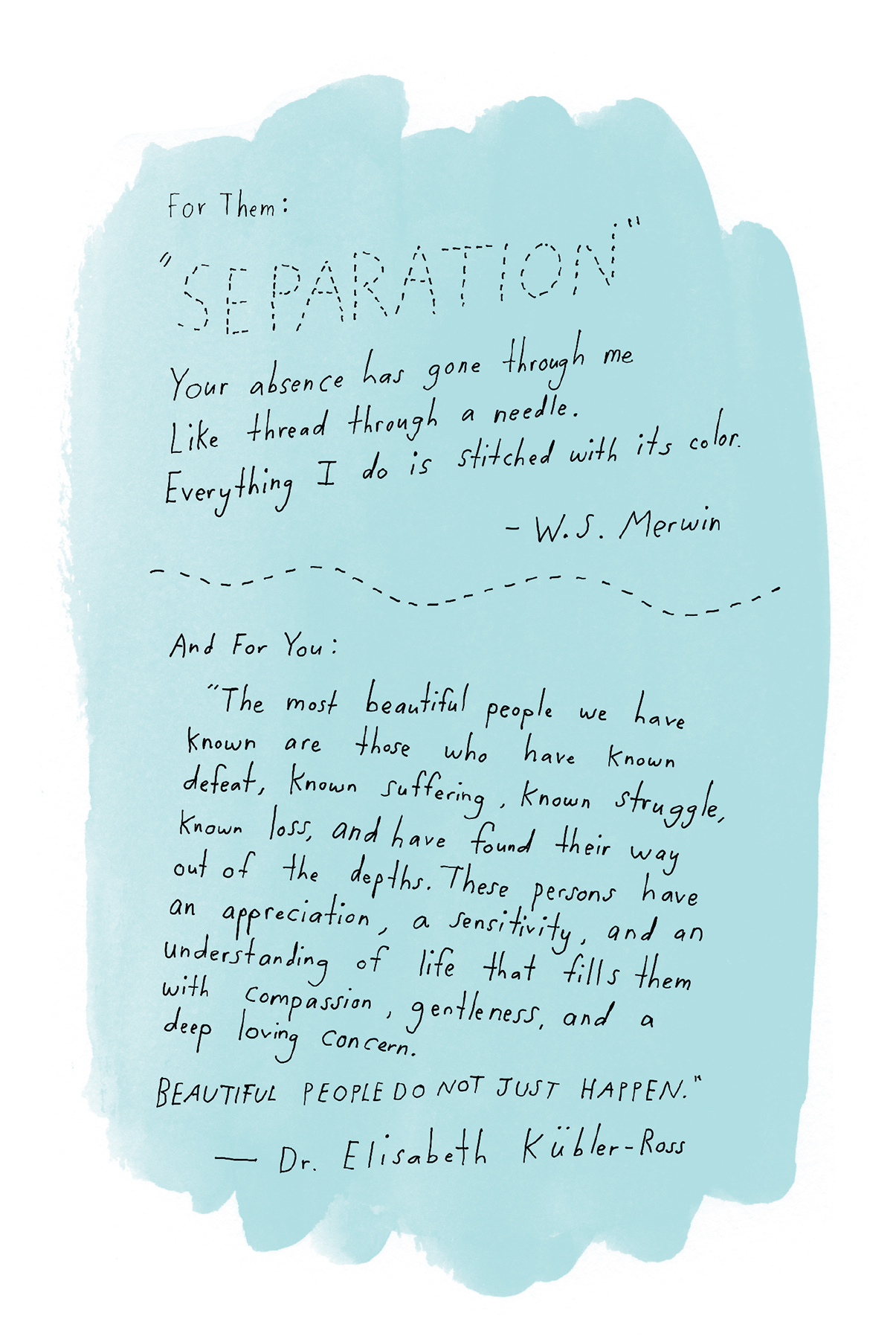
HI. IM REBECCA, and I wish I had no reason to write this book, just like you wish you had no reason to be holding it, pretty as it may be.
Yet here we are.
So, why am I holed up in a room, overcaffeinated and writing about grief instead of stuff like unlikely animal friendships or the easiest memory-enhancing word problems for humans over forty? Because life.
When I was thirty, my mom, Shelby, was killed in a car accident late one night. She was riding in the family Subaru Outback on the New Jersey Turnpike with my dad, who survived. Id held her close in a good-bye hug after our annual Adirondack camping trip not even an hour beforehand, assuming wed be dancing to September at my cousins wedding in Philadelphia the following weekend. Four years later, my dad, Ray, died from a heart attack on a cruise ship in the middle of international waters.
To be perfectly honest, writing this book isnt a project Id have chosen if someone had presented the possibility to me. My general strategy throughout my twenties had been to build a career in political satire, surround myself with people I loved and who loved me, eat good cheese, and be happy and fulfilled while creating things that made people think, laugh, and feel inspired.
But then my life was cleaved into The Before and The After. For years I was putand put myselfthrough the wringer by my grief. I still wanted a career and to create meaningful things. I still wanted to surround myself with people I loved and who loved me. I still wanted to be happy and fulfilled, and to eat good cheese, because to me the former cant exist without the latter. But I found myself mourning a lost imagined future. And without a road map, I didnt know how to do all of that while navigating a life that was accompanied with lossand one without some of the beloved people Id relied on to guide me through the world until that point.
My mom was my best friend, and I still miss her and my dad every day. Orphaned at thirty-four was not part of my life plan; I hadnt even thought of the possibility of it happening. But suddenly, I found myself utterly disorientedconfused, horribly sad, sometimes angry, and even jealous of my friends parents, most of whom were still alive and well.
I felt like I was getting a D-minus in grief simply because I couldnt adequately communicate what I needed to those who cared about me. Just as important, I didnt know how to advocate for myself when people made it clear that they really didnt care. I felt like I was failing because I had trouble finding the right professional therapeutic fit. Because I didnt know how to spend my parents deathiversaries. Because I wasnt adhering to someone elses timeline for how they preferred people move through grief. Because I felt so damn alone.

Modern Loss was born in 2013, seven years after my mom died. I cofounded it with my dear friend, fellow writer, neurotic New York City Jewess, and commiserator-in-grief, Gabi Birkner. It exists because we couldnt find anything else that spoke to us with warmth, encouragement, and casual realness about this messy ride. Initially, it was a website publishing candid personal essays and tips. But Modern Loss quickly established itself as a platform for these conversations across all types of media and events.
Our website has published nearly two thousand original personal narratives, advice columns, and practical resource pieces that have been read by millions. Weve offered hundreds of community sessions featuring authors, therapists, experts, wellness practitioners, and even some rage baking classes (if that phrase doesnt make sense to you, you probably just havent needed it yet). Weve produced live storytelling events around the United States (and during Covid-19, several virtual onesThe Zooming of Grievances Festivus celebration, among them) with a fascinating and diverse range of people, all with unique stories about lossits impact, its aftermath, and the strange and scary new territory a griever must find a way to navigate, or at least try to.
In grief, we are all beginners, and the landscape is changing all the time. Throughout the evolution of Modern Loss, we have stayed true to our tagline: Beginners welcome.
There is no healing without acknowledgment. Difficult emotions dont just go away if you pretend they dont exist (or if some people seem to be asking you to do so, and trust me they will). I spent too long trying to feel validated in my grief by those around memany of them well meaning, sure, but most with no idea how to make me feel seen and heard. I couldnt figure out how to say what I was feeling or identify what might help mitigate that feeling or make it even just a tiny bit less brutal.
What I finally realized was this: As completely unfair as it felt, absorbing my grief, figuring it out, and living with it were my responsibilities. Nobody else could do it for me. It was only when I started to really listen to myselfwhat I was feeling, what I wanted to share with the worldthat I began to feel more firmly planted on the ground, in the world, and in my life. And at that point, I started to become more acutely aware of my resilience.


